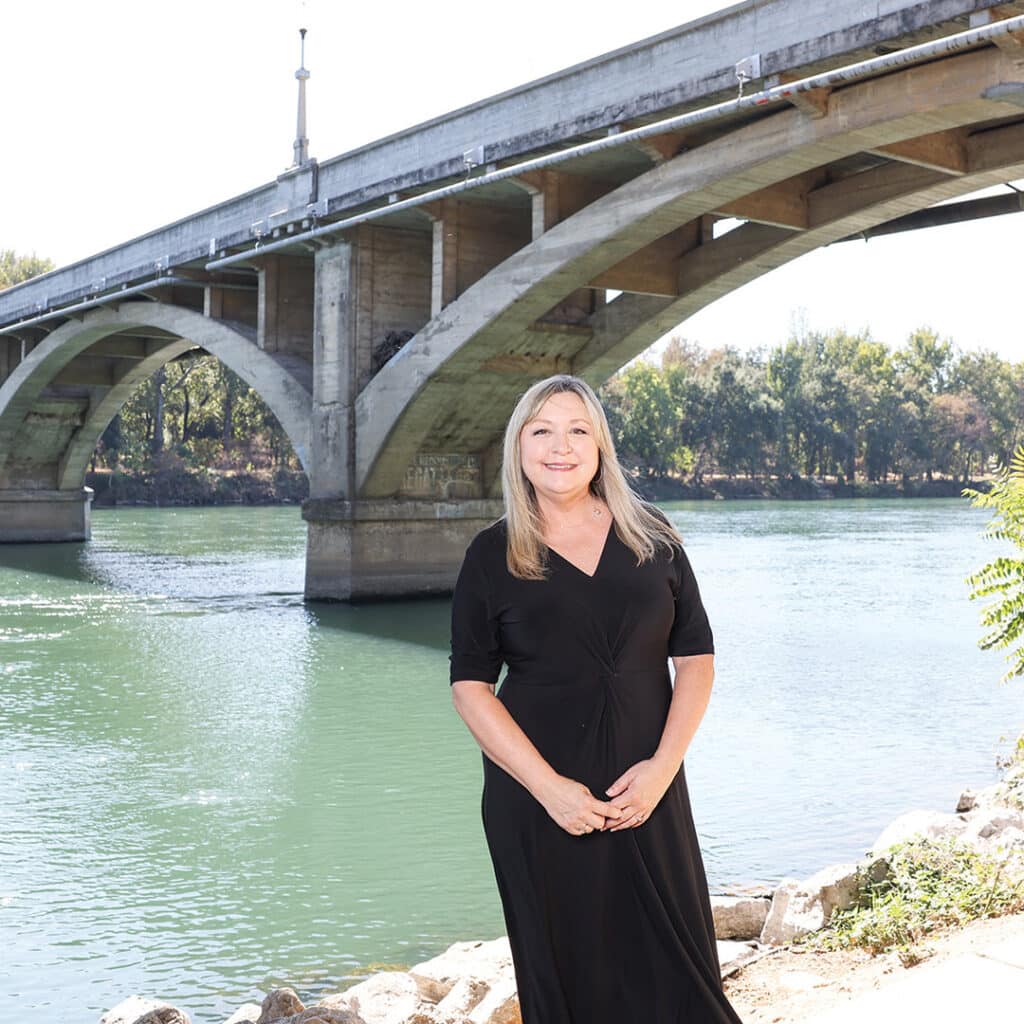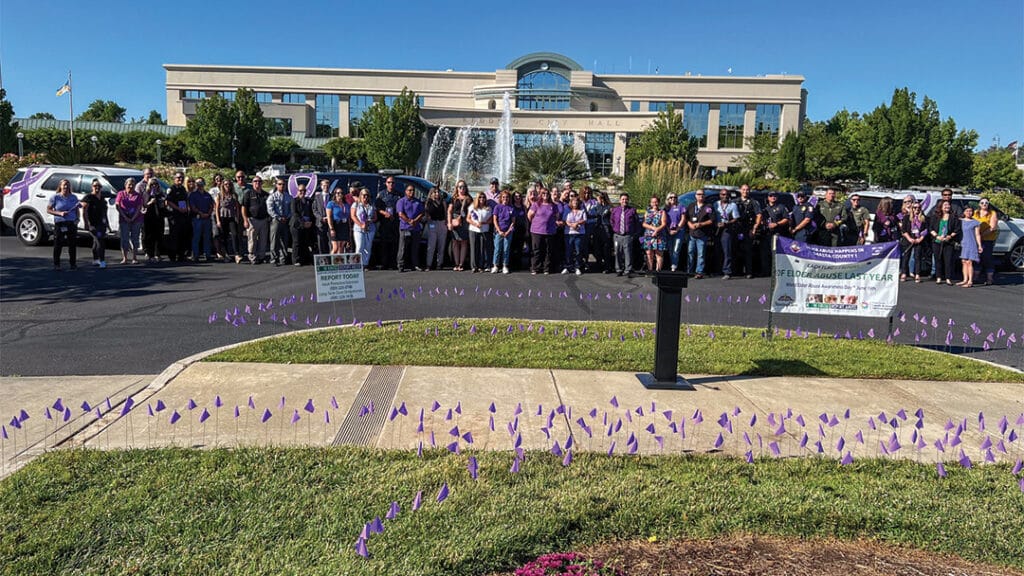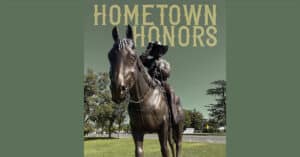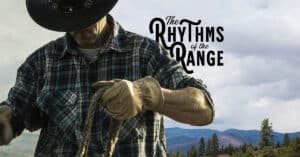Golden Compass
ShiningCare: Helping People Live Out Their Golden Years…
As a health and human services specialist who holds more than 25 years of experience in being an advocate for seniors and disabled adults, ShiningCare Founder and Executive Director Joanne McCarley and her team are taking a proactive, direct approach to helping seniors and their families have the resources they need to comfortably live out their final years.
McCarley originally co-founded Compass in 1996 before deciding to branch out in 2009 and create a nonprofit that focuses more on seniors. ShiningCare works primarily with elderly people now, while her former partner at Compass Cares focuses more on helping adults with developmental disabilities live independently.

“There really is a big need for those people who become disabled after 18 years old but before they become adults, so the two programs really added to each other,” she says. However, when there became more of a demand within both programs, McCarley broke off to form ShiningCare.
“So many people are not able to afford the kind of care they need, and it’s easier to get grants and things that are available to nonprofits,” she says.
A lot of what ShiningCare does to help support people in the later, maybe last, stage of their life is work with caregivers, community members and/or preferably two or three of their family members to help their elderly loved one navigate difficult health and living changes.
“A big part of our mission is to be a resource for everyone who may be dealing with this,” McCarley says. The ShiningCare website is loaded with quick, easy-read articles covering topics like insights on aging, dementia, estate planning, staying independent and tools for family caregivers.
Along with a variety of resources available on its website, some of ShiningCare’s main lines of support include hosting Lunch and Learn events as well as facilitating other outreach and education initiatives.
Have a Lunch and Learn…and/or Become a Gatekeeper: At its Lunch and Learns, ShiningCare goes to places where seniors tend to live, dine or hang out, such as assisted living facilities, restaurants, churches and clubs. They’ll offer lunch, share information, do memory screenings and have one-on-one conversations with seniors with their consent. ShiningCare serves people in Shasta Tehama, and Siskiyou counties, and McCarley says these Lunch and Learns are “very helpful in rural communities…it’s a way to reach people who are more isolated so that they don’t have to drive far to come to us.”
ShiningCare also hosts a Gatekeeper Program where they train people in the service industry on how to recognize signs of suspected elderly abuse and can safely intervene. “Say Ms. Smith goes into a bank and is always dressed to the nines and is perfectly put together, but then she comes in two weeks later and her hair is disheveled and she’s wearing pajamas. If the teller was a Gatekeeper, then maybe he could ask some questions to see what has changed in her life, and offer our phone number,” McCarley says. It’s about giving the ShiningCare phone number to the senior right in that moment and encouraging them to use it. There are more than 1,500 trained Gatekeepers in the ShiningCare network.
“Then Ms. Smith calls, and we start to establish trust with her and are brainstorming ways with her to get things back on track. We use active listening and keep it casual in conversation, but on our end, we start a very detailed assessment and then try to meet them where they are,” McCarley explains.
Landlords who primarily rent to seniors are perfect examples of Gatekeepers. “Navigating the [county’s adult services] system is so complicated because it takes all your time and energy away from doing your job,” McCarley says. “And it’s hard because you have these customers who are all of a sudden not OK.”
That’s how hosting a Lunch and Learn or urging a customer or aging family member to attend one is a more proactive approach in urging them to get the help they need before it becomes too late.

“Our nursing homes are overflowing, so we try to reach people before it becomes a really huge thing,” adds McCarley. Certain stresses or lifestyle choices could also cause dementia, so getting to an aging person before that becomes an issue is one of ShiningCare’s primary goals. And it’s about getting enough people with support around them so it’s not just one or two people who take on that burden of the loved one, McCarley also relays.
When a potential client calls or attends a Lunch and Learn, ShiningCare fits that person in a coordinated support network. “We come up with a detailed plan where the right hand talks to the left,” McCarley says. They may perform a fall risk assessment, evaluate mental capacity, and then – with consent – do a more formal evaluation. Maybe medications get confused, and someone needs to escort them to a doctor, and the closest family member is estranged or lives hundreds of miles away. ShiningCare can help. Maybe someone needs a special bath chair, or stair lift. ShiningCare can not only help with the funding for that, but they can come in and install it.”
The biggest challenges for ShiningCare are with the budget. They do have a part-time care manager, an assistant care manager and an intake facilitator along with a handful of volunteers, and it relies heavily on grants and community support to keep it going.
ShiningCare’s Premier Fundraising Events: One of the main ways ShiningCare gets the word out about its services is by hosting several events throughout the year, such as celebrating Purple City Week in June, A Shining Affair in January and a Bubbly Brunch & Brims event in November.
June is Elder Abuse Awareness Month and the beginning of fire safety awareness, so ShiningCare will rent out the Sundial Bridge, and provide live entertainment and games. “The whole family can come and learn about what we do. We encourage kids to come out so they can get a head start on detecting elderly abuse, and we light the bridge purple,” McCarley says.
They’ve been doing that for six years now and McCarley says that people walk away with information that they didn’t know they needed.
This year’s Bubbly Brunch & Brims will have a special Run for the Roses where local celebrity horse teams will “race”. The event will be on the Diestelhorst Bridge on November 3; details are on its Facebook page. The event is like a Kentucky Derby in the fall, complete with a mimosa bar, an opportunity to bet on the “horses” and a winners’ circle. It’s an opportunity to show up in a fancy hat, hang out and enjoy the race.
“This is our second year doing it and people loved it last year,” McCarley says. It also gives high-functioning seniors a chance to be involved and connected to the community. One woman, Pat Bunch, volunteered for ShiningCare for a while before becoming a client.

“She always wore fun hats, and we’ll be honoring Pat at the event. She is a great success story because this is our mission, as people age, they can still have a beautiful quality of life. This is their last chapter, their golden years. But it’s not turning out that way because people don’t get the help they need.
“It’s really hard having those early conversations; it’s easy to put them off. So, we try to come up with creative fun things to draw people in. The heart behind our agency is we’re here to listen, we understand. All of us on our team have personally gone through a situation similar to those we help. If we can listen and take some of the burden off, we’ll try.”
ShiningCare As an Extension of Family: “We become almost like an extension of family. We go to doctors with clients, check on them, are there when they need us. We’re kind of like an onion, there’s a lot of layers to what we do. But we run very lean; when people donate, a lot of good comes from those dollars. There’s not a lot of overhead with ShiningCare. The bigger and more bureaucratic it gets, the less service you can offer, so in our little neck of the world, we do what we can to fill in the gaps,” McCarley says.




